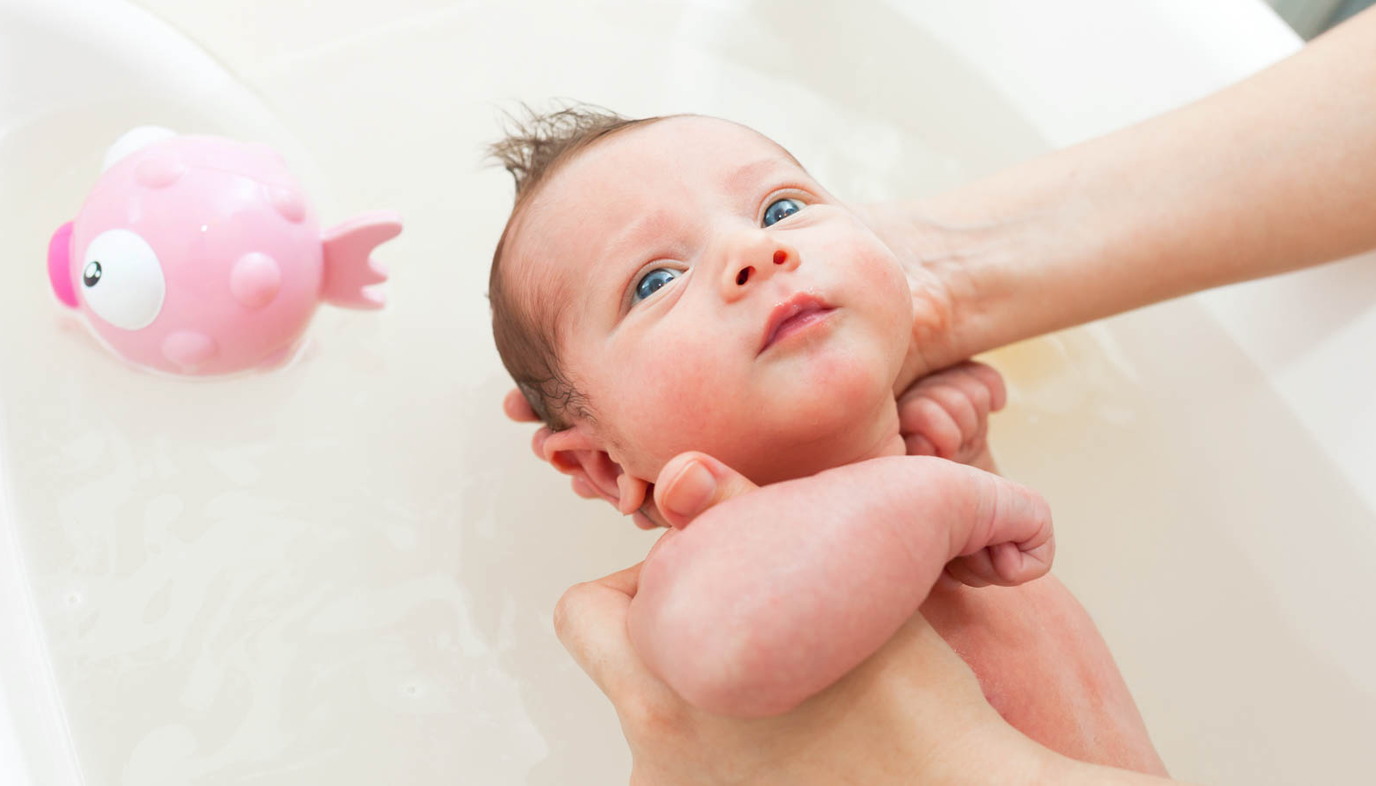
You are practically an expert on pregnancy now, right? You've studied up for months, reading all the books on everything that you need to know about when you are expecting a baby. Once your newborn arrives, a funny thing happens on the way home from the hospital. All of that knowledge you spent nine months absorbing has a tendency to fly right out the window once you have this tiny, helpless little baby at home. (And aren't they tiny? They are so much smaller than we expect them to be!) Not to worry: here are a few of the basics to help you get on your feet as a new parent.
Breastfeeding or Formula?
You probably know that breastfeeding is preferred over formula for your baby's health, as your breast milk provides baby with important nutrients and immunity. You probably spent a little time with a nursing expert at the hospital, who taught you how to help the baby latch on for a feeding. But how often do you feed this little guy?
The thing to always keep in mind with a newborn, whether you're breastfeeding or bottle feeding with formula, is that baby has a really tiny stomach. Newborns can't eat a lot at each feeding, so the first week or two you may be breastfeeding once every two hours or so – and that could be around the clock! As they develop and get bigger, babies typically need to be fed every three to four hours.
Safe Bathing
Sponge baths with gentle baby wash are the order of the day until your baby is able to hold his head up on his own. Many baby bathtubs now come with a built-in thermometer that helps you gauge the exact temperature needed for the water. Buy one of these! They're cheap and they keep your baby safe from hot water burns. If you can't get one of these handy tubs, make sure the water is lukewarm. Also, make sure the water is only a few inches deep in the baby tub. Hold his head out of the water by cradling it in your hand or on your arm, and never leave the little one unattended during baths, even for a moment.

Establishing Sleep Patterns
Some babies take a long time to get on a regular nighttime sleep pattern, and others take right to it. Dream feeding is a popular method of getting babies to sleep for a few hours at night. Give a big feeding at 8 pm before you go down for the night. Then wake the baby up just enough to latch on to a nipple (or bottle) for one last feeding at about 10 pm. With a full tummy, they'll sometimes manage to sleep for four to six hours overnight. Trust us, you'll need a few more hours of sleep by this point!

When to Call the Doctor
Newborn babies are so tiny and delicate that our first instinct is always to rush to the emergency room when we detect the slightest problem. Fortunately, this isn't really necessary. Serious signs to watch for include fever, vomiting, and diarrhea. If the baby has a sudden weight loss or becomes lethargic, that's also a warning sign that warrants a trip to the doctor's office. If the baby otherwise appears healthy, you can usually wait until morning before giving your pediatrician a call.
